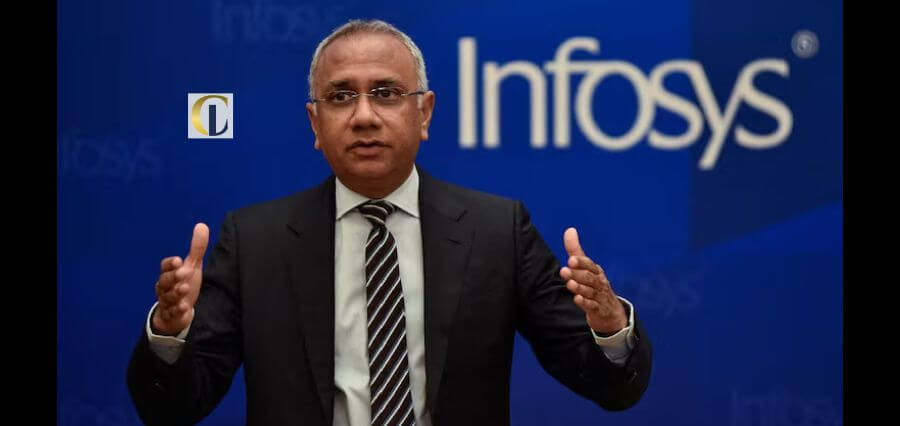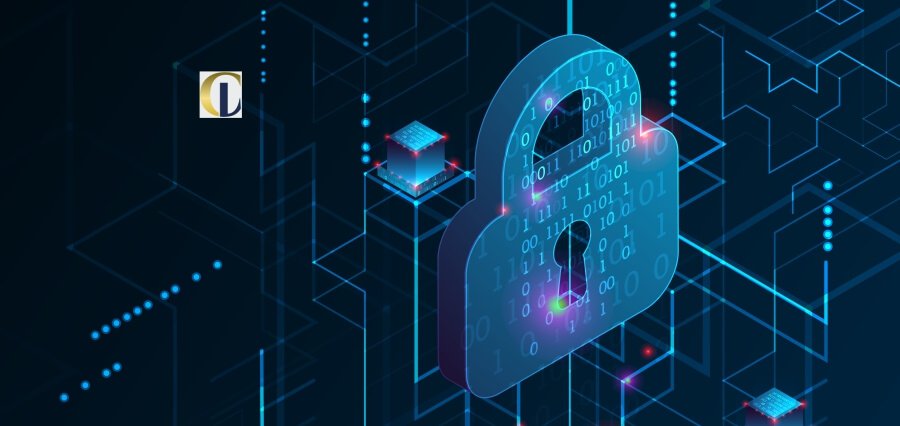According to the source, Kraken in the United States, Bitfinex in Hong Kong, and rival KuCoin are all actively investigating the market.
According to industry estimates, there are 15 million cryptocurrency investors in India, with a total value of over 100 billion rupees.
Industry sources told Reuters that global digital currency exchanges are looking into setting up shop in India, following in the footsteps of market leader Binance, as the government in New Delhi dithers over creating a law that may outlaw cryptocurrencies.
Opponents of the proposed prohibition argue that it will limit the economic strength of a young, tech-savvy nation of 1.35 billion people.
Although there is no official data, industry analysts estimate that there are 15 million cryptocurrency investors in India, with a total ownership of over 100 billion rupees ($1.37 billion).
According to four people who asked not to be identified because they were not authorised to comment on private discussions, Kraken, Bitfinex, and KuCoin, all based in the United States, are actively studying the industry, which analysts believe would only grow if given full rein.
“These businesses have already started talking to better understand the Indian market and entrance points,” said a person close to an exchange that had started due diligence on an Indian firm it was considering buying.
He said the other two exchanges were in the early phases of choosing whether to enter India and assessing their choices, which essentially boil down to establishing a subsidiary or purchasing an Indian company, as Binance, the world’s largest exchange, did two years ago.
Bitfinex has declined to comment, and Kraken and KuCoin have not responded to requests for comment.
Based on their traffic, liquidity, and the dependability of their claimed trade volumes, all three exchanges are among the top ten in the world, according to data portal CoinMarketCap.
“The Indian market is massive and just getting started; if there was more legislative clarity by now, Indian customers would have been spoilt for choice in terms of exchangers, because everyone wants to be here,” said Kumar Gaurav, founder of digital bank Cashaa.
The Reserve Bank of India is considering introducing its own digital currency, although Governor Shaktikanta Das described the proposals as “work in progress” in February.
Despite the uncertainty over what India will do, some digital currency exchangers plainly believe it is better to get in now than to miss out.
“It’s evident that the gains outweigh the perceived risks,” Darshan Bathija, chief executive officer of Vauld, a foreign crypto exchange with a presence in India, said.








